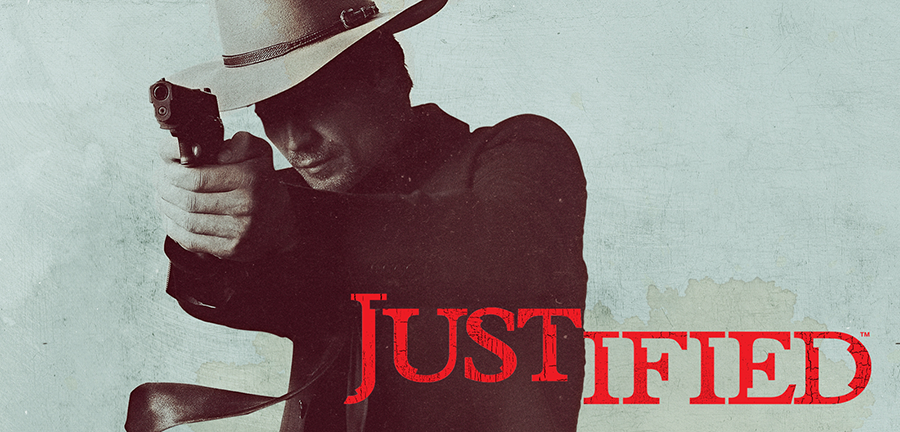We genuinely are in a TV golden age right now and we have been for so long that it’s hard to remember there were ever ages at all. But there was. Oh, trust me, there was. I’m suspicious now because I feel that the last un-golden age was while I was reviewing television for BBC Ceefax and BBC News Online, but there were still two things in that period that kept making me wonder why I liked TV drama so much.
Perhaps the most pervasive was that television began looking like cinema. Every series looked wonderful, utterly arrestingly gorgeous. And bugger-all use as a drama. Characters who barely qualified for the name, stories that might or might not have worked but you’d never know because the dialogue would leave you wondering over and over again how adults had stood there saying this crap aloud. But it looked great.
Maybe you feel less harsh, but I remember, for instance, one boring evening in a London hotel with a pile of ho-hum dramas to review on VHS, and then the last one of the night being Queer as Folk. It was instantly wonderful. Watch it now, watch it then, there’s no question but that this show is like being hit by joyous wall. It is alive, that’s what Queer as Folk is, and back in 1999 or 2000, there wasn’t much else that was.
You might not agree with me, you’re looking kinder about TV back then, but there’s this other thing which you’re less likely to know. Unless you got on BBC and ITV’s press list, you won’t have seen how very many times a new drama would be promoted as being “the next Play for Today”.
I was reminded of this watching clips from the Republican National Convention the other week. Just as BBC and ITV knew that Play for Today was high water mark for drama, so the GOP’s speakers all knew what was right, what was proper, what was decent and sane. They don’t do any of it, but as they stood there saying these lies, it felt worse than ever because clearly they know what the truth is. There’s no ideological stance here, no belief that you could disagree with and yet still understand, these are people who know full well what the right thing to do is, and they’re choosing not to do it.
Equally, not one single “next Play for Today” was ever remotely like Play for Today. It did get so that you just wished they’d bloody make more Play for Today, but instead, they did do something better. Eventually.
Eventually, television married the brilliance of how things could look on our ever-larger widescreen TV sets with how much more brilliant they can be when the drama is written and acted and directed well.
I think this time, right now, is the very best that television has ever been. But I know that it’s also the first time we’ve been able to check.
Think of a TV series and you can watch it, pretty much. There’s no sign of The Onedin Line or The Duchess of Duke Street on any streaming service and there so very much should be, but otherwise it appears that every show ever can, well, appear on your screen.
It also looks better than it ever did. I watched Thunderbirds the other night on BritBox simply because I wanted to hear that famous theme and yet the image quality was so vastly greater than I’d ever remembered that I was held for long enough to get into the story. Curiously, the sound wasn’t remotely as great, but before I knew it, I was rooting for Virgil to save the day.
He did. And last night at the end of an episode of Dempsey and Makepeace, Dempsey was in that classic hero position where he could’ve shot the baddie but after a few tense closeups, took the moral high ground. Compare that to the newer and infinitely better Justified where the only thing that saves a baddie from being fatally shot is not the hero’s morality but rather the producer’s deciding he’s too interesting a character to kill off.
You see the nonsense we used to put up with on television, but you also see much more. It fascinates me how you can, reasonably easily, skip around television history and see how norms and conventions and budgets and technology changed. The most striking example for me, though, is how studio-bound British TV was for such a very long time.
Any given episode of a drama would consist of maybe ten minutes shot on location, shot on film, and then the rest would be recorded in the studio. As a nation, it was as if we collectively agreed to ignore the vast difference in picture quality between the two. Then as portable, lightweight OB cameras came in, we moved to all film, all-location, and it is better.
The very last drama to be shot in this part film/mostly studio way was BBC1’s The House of Elliott, which ended in 1994. That’s also not available to stream, but you can now turn left and watch 1993’s Cracker which was made entirely on film. Or you can scoot back a little to 1987 and a series where the constraints of the studio were much more painfully obvious.
This is available on BritBox, as of last month. Star Cops. If there is a contest for the worst-named TV series of all time, Star Cops would be in with a shot at the trophy. I actually remember it getting the front cover of Radio Times and yet, despite the attention and despite it being made by ex-Doctor Who people I rated, I didn’t watch. Not something called Star Cops, I’m not.
I think it was maybe ten years later that I caught an episode and ended up buying the complete series on VHS. And now I’m watching the whole thing on BritBox.
It’s got that same dreadful title, it looks cheaper than even Crossroads ever managed, and yet it is absorbing. I’m not going to say it’s the next Play for Today, but it is fresh and interesting and well written enough that I’m watching even as I keep remembering what happens.
Truly, you could make a better or at least far better-looking Star Cops episode on your iPhone today. But you probably couldn’t match writers like Chris Boucher.
And if old studio dramas do nothing else, they demonstrate the strength that writing –– and acting –– can bring. We don’t need multi-million pound dramas, but they are superb, so long as the writing is there too.

